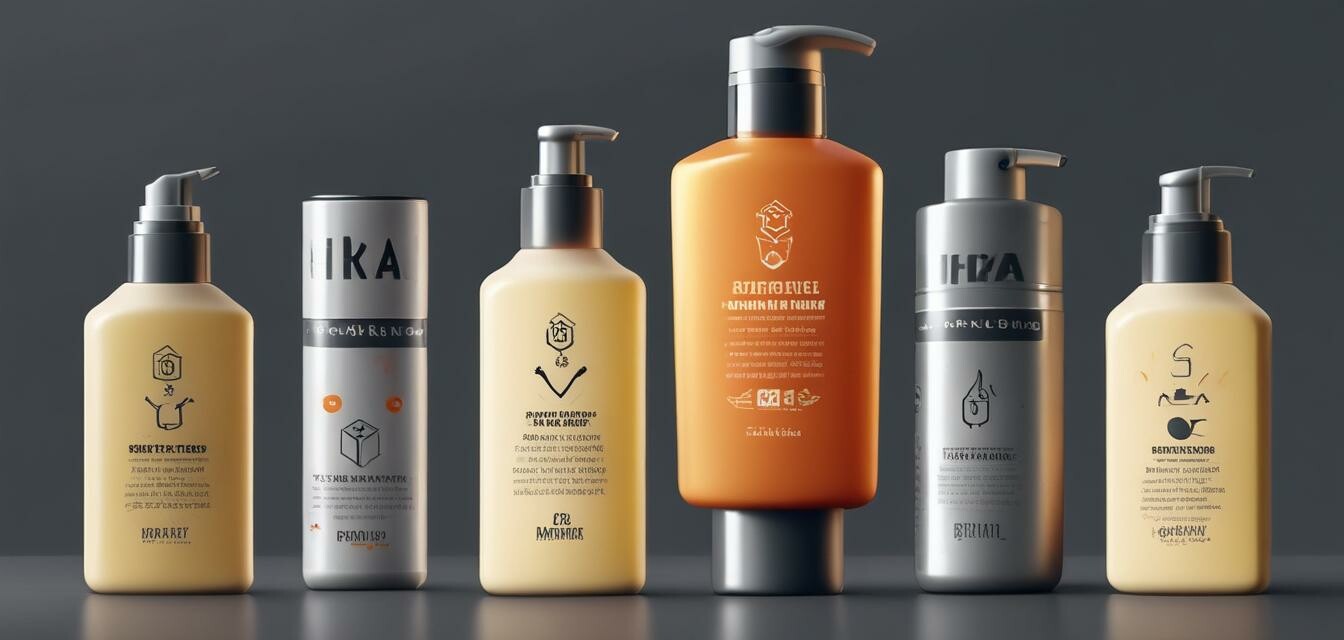
Understanding Chemical vs. Physical Sunscreens
Key Takeaways
- Chemical sunscreens penetrate the skin and absorb UV rays, while physical sunscreens sit on the skin's surface and reflect UV rays.
- Choosing the right sunscreen depends on your skin type, lifestyle, and preference for ingredients.
- It's essential to consider SPF, broad-spectrum protection, and water resistance when selecting a sunscreen.
In today's world, a reliable sunscreen is a must for maintaining healthy skin. However, with numerous products available, it's crucial to understand the differences between chemical and physical sunscreens to make an informed choice. This guide aims to provide insights into the characteristics, benefits, and drawbacks of each type, ensuring you find the perfect match for your skincare routine.
What is chemical sunscreen?
Chemical sunscreens contain organic compounds that absorb UV radiation, converting it into heat and releasing it from the skin. Below are some key characteristics:
- Often lighter in texture and easier to spread on the skin.
- May cause irritation for sensitive skin types.
- Common active ingredients include avobenzone, octisalate, and octocrylene.
What is physical sunscreen?
Physical (or mineral) sunscreens use active mineral ingredients like zinc oxide or titanium dioxide to sit on the skin's surface and reflect UV rays. Here are their essential traits:
- Generally thicker and may leave a white cast on the skin.
- Less likely to irritate sensitive skin.
- Provides immediate protection upon application.
Comparison of chemical and physical sunscreens
| Feature | Chemical Sunscreen | Physical Sunscreen |
|---|---|---|
| Active Ingredients | Organic compounds | Zinc oxide, titanium dioxide |
| Application | Absorbs UV rays | Reflects UV rays |
| Skin Type | Generally suitable for oily skin; may irritate sensitive skin | Ideal for sensitive skin; good for all skin types |
| Texture | Lightweight and easy to blend | Thicker, may leave a white cast |
| Protection Duration | Needs 20-30 minutes to activate | Provides immediate protection |
How to choose the right sunscreen for your skin
When selecting a sunscreen, consider the following factors:
- Skin type: Choose a chemical sunscreen if you have oily skin, and consider a physical sunscreen for sensitive or dry skin.
- Activity level: For sports or swimming, opt for a water-resistant formula.
- Ingredients: Look for broad-spectrum protection and avoid any ingredients you may be allergic to.
Common concerns
Many consumers have questions regarding the safety and efficacy of both types of sunscreens:
- Do chemical sunscreens harm marine life?
There are concerns, and some regions have banned certain harmful ingredients due to potential environmental impact. - Are physical sunscreens better for sensitive skin?
Often, yes. They tend to be less irritating, making them a better option for those with sensitivity. - Should I wear sunscreen every day?
Yes, daily use is recommended for overall skin health, regardless of the weather.
Helpful tips for using sunscreen
Tips for Effective Sunscreen Application
- Apply sunscreen at least 15-30 minutes before sun exposure.
- Use about an ounce (a shot glass full) for full-body coverage.
- Reapply every two hours or more frequently if swimming or sweating.
- Check for expiration dates and store sunscreen in a cool place.
Conclusion
Understanding the difference between chemical and physical sunscreens is essential for making informed choices about your skincare routine. Evaluate your skin type, lifestyle, and personal preferences when choosing a sunscreen. For more in-depth guides on skincare routines and product choices, explore our Organic Skincare Buying Guides, where you'll find valuable insights to enhance your skincare experience.
Pros
- Effective sun protection is crucial for skin health.
- Understanding sunscreen types helps cater to individual skin needs.
- Choosing the right sunscreen promotes responsible skincare practices.
Cons
- Some may experience sensitivity to chemical formulations.
- Physical sunscreens can leave a white cast on darker skin tones.
- Choosing between types can be confusing without adequate information.


